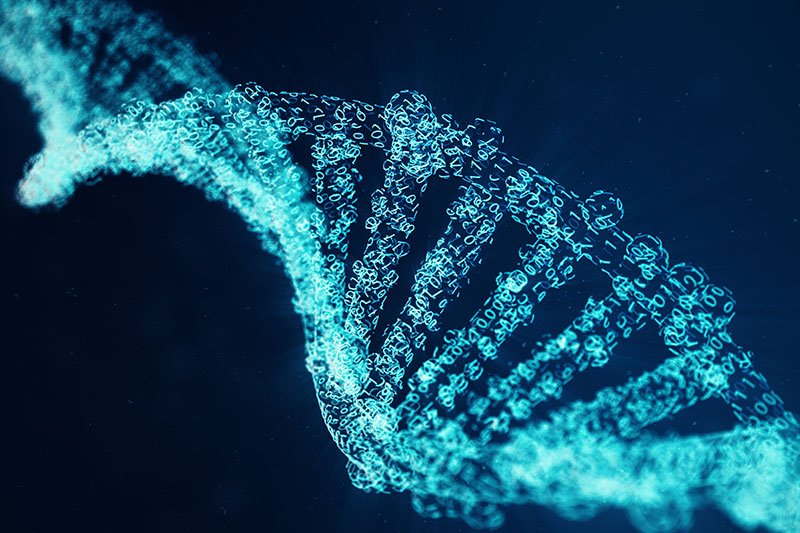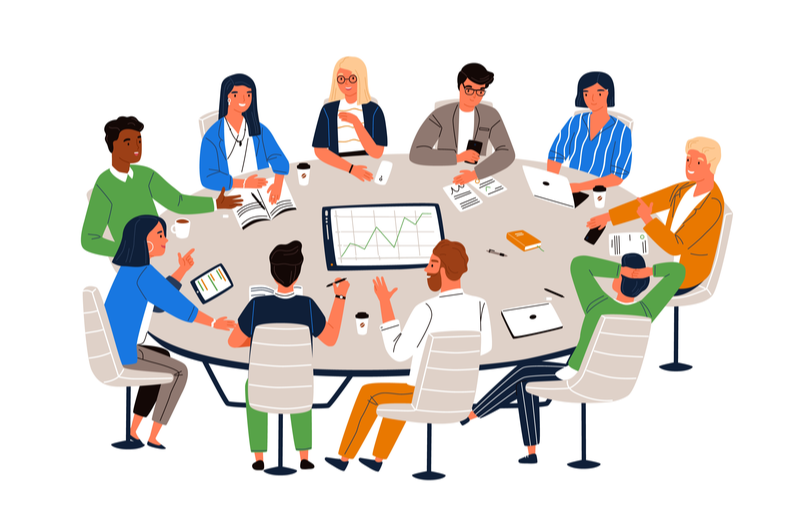A new genome sequencing initiative in the UK has stirred up fresh debate about the value of DNA analysis for people who are generally healthy. Operated through the country’s National Health Service, the program would allow people who are curious about their DNA to pay to have their genome sequenced and analyzed, so long as they agree to share their supposedly anonymized data with the research community for study. Critics say it would flood doctors’ offices with patients demanding unnecessary testing and treatment. That contradicts most evidence gathered so far about how people react to receiving genomic information, but it’s a favorite hobbyhorse of the largely data-averse medical community.
The initiative builds on Britain’s pioneering push to expand genome sequencing beyond the rarest medical cases. The country’s 100,000 Genomes project was among the earliest large-scale efforts to deploy genome sequencing technology to a large swath of the population; in December, health officials announced they had met their goal of sequencing 100,000 genomes. But they’re not done. The new target is to sequence 5 million genomes.
Many of those genomes will come from adults suffering from genetic conditions and severely ill children, all of whom will receive genome sequencing at no cost as part of their healthcare, according to Matthew Hancock, UK health secretary. But now, plans are underway to expand access to genome sequencing for people with no obvious medical need for the data. Those paying customers are expected to fill out the rest of the anticipated 5 million genomes.
Critics jumped on the plan immediately. Interestingly, there was virtually no resistance to two glaring problems: first, there is no such thing as “anonymous” DNA data, and any genetic contribution to the scientific community could almost certainly be traced back to the individual it came from; and second, it’s a strange model indeed that requires two forms of payment —the up-front cost of the sequencing, plus the requirement for data sharing. The program, characterized as “genomic volunteering” by Hancock, seems more like “genomic extortion.” For perspective, most services in the US that let you pay to get a glimpse of your DNA — either bits and pieces of it or the whole thing — make subsequent data sharing an option but not a requirement. When sharing is required, the service is typically free.
Instead, opposition to the initiative is focused almost entirely on making genome sequencing available to people whose medical condition does not require it. A letter signed by 11 high-ranking medical experts warned that the system could clog up laboratories with demand for DNA sequencing from healthy people and potentially reduce access to sequencing instruments for people who need genome data for health reasons.
Separately, Anneke Lucassen, chairwoman of the British Society for Genetic Medicine, said, “There is still a lot of misunderstanding of what whole-genome sequencing can deliver. There is a view that it will give you clear clinical predictions and, most of the time, it will not.”
I’ve heard this knee-jerk reaction from a lot of health professionals. While there is real concern that people might expect too much from their genome sequence, in many cases what this objection really boils down to is that physicians are largely unfamiliar with genomic data and dread the idea of having patients ask questions that they don’t know how to answer. What we need is better education, both for medical students and practicing physicians as well as for average consumers interested in genome sequencing.
As for concerns about how people will interpret or react to this data, we’ve been here before. Early fears that people would jump off buildings upon learning, say, that they have a high risk of Alzheimer’s disease have now been demonstrated to be wholly unfounded. Experts believe about 1 million people have had their genomes sequenced so far, and academic studies of their reactions have shown that the most common response is a metaphorical shrug.
Much of that can be attributed to the fact that we are still in the early stages of understanding the genome. When I got my genome sequenced, the information that emerged was about as exciting as the consumer warning label sewn on pillows. There was no actionable intel about my own health, and only a little bit more about my risk of passing certain diseases on to my children. Most people who have their genome sequenced right now are likely to receive similar results. But as scientists learn more and more about what each block of DNA means and how it influences our health, genomic data will become increasingly important for preventing disease or minimizing symptoms.
For genomics to advance — and to become relevant to more medical conditions — we need early adopters. We need people who are willing to wade into their DNA data, even if it means they don’t learn much. And we need people who are open to sharing their data with the research community. This UK initiative is a major step in that direction and, while I feel the requirement for users to pay with both money and data should be reconsidered, overall this should be seen as a welcome development in the expansion of genomics to the consumer realm.
Meredith Salisbury is a longtime genomics journalist and communications consultant in life sciences and is Techonomy’s longtime science and genomics correspondent.
Skeptics Unfairly Target UK Gene Sequencing Initiative
A new UK initiative has stirred debate about DNA analysis for healthy people. The program allows patients to pay to get their genome sequenced and analyzed if they agree to let the data be used in research. Author Salisbury says the UK controversy largely misses the point.

















